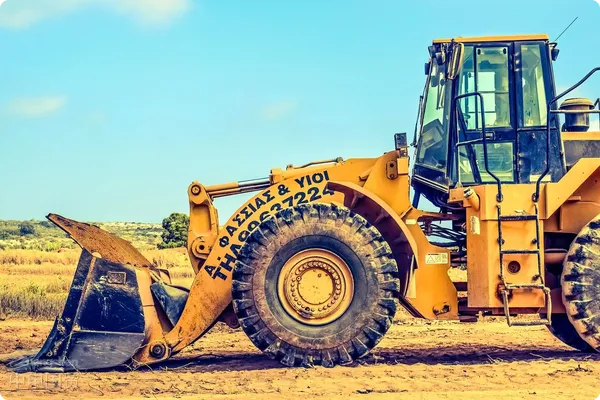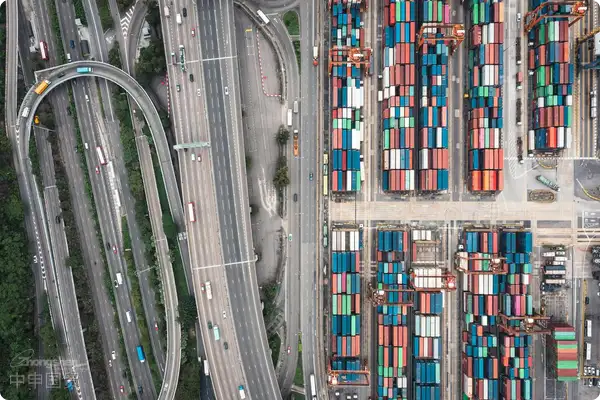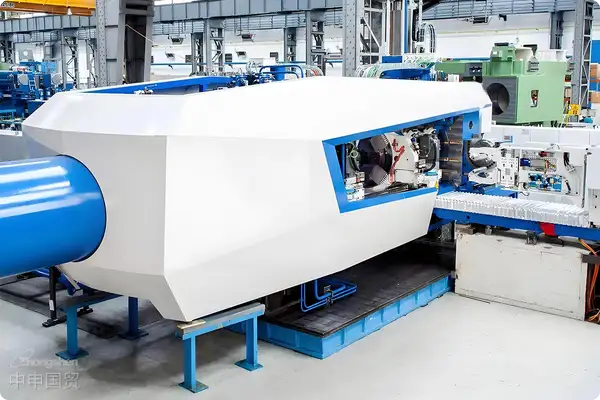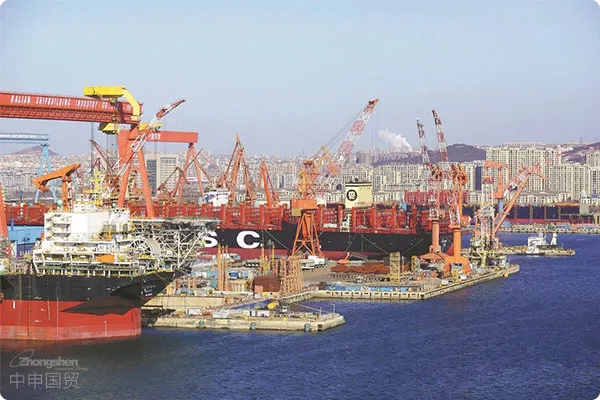- Shanghai Zhongshen International Trade Co., Ltd. - Two decades of trade agency expertise.
- Service Hotline: 139 1787 2118

Why Has Machinery and Equipment Export Agency Become the Preferred Choice for Enterprises Going Global?
Choosing machinery and equipment export agency is not simply handing over goods to a third party but leveraging the professional capabilities and resources of agencies to mitigate risks and improve efficiency and profitability. Machinery and equipment exports often involve complex regulations, diverse certifications, and cumbersome logistics arrangements. Export agency companies, with their professional teams, provide one-stop services—from product preparation to final delivery—ensuring compliance and efficiency at every stage. This not only simplifies the export process but also significantly reduces risks in international trade. For example, for enterprises unfamiliar with target market certification requirements, agencies can provide professional certification consulting and processing services to ensure smooth market entry. Additionally, agencies often have long-term partnerships with logistics companies, securing competitive freight rates and reliable transportation services.
Key Steps in Machinery and Equipment Export Agency
Export Preparation Phase: Prioritize Qualifications and Market Research
Before officially starting exports, thorough preparation is crucial. First, enterprises must confirm whether they have export qualifications, includingimport and exportoperating rights and necessary tax registrations. For specialized goods like machinery and equipment, compliance certifications such as CE and ISO are essential. Agencies typically assist enterprises in completing these complex certification and registration processes. Second, in-depth target market research is the foundation of successful exports. Enterprises must understand target market import policies, tariff requirements, technical standards, and consumer preferences. For example, some countries have strict regulations on machinery and equipment energy efficiency, environmental protection, and safety performance, which enterprises must meet before exporting. Agencies can provide professional market analysis reports to help enterprises better understand target markets and develop effective export strategies.
Mid-Execution Phase: Customs Clearance and Logistics, Interconnected Steps
Export Clearanceis the coreEquipment Exportprocess, directly affecting whether goods can clear customs smoothly. Preparing customs documents, submitting declarations, undergoing inspections, and paying duties each require professional handling and extensive experience. Agencies typically have specialized customs teams to efficiently manage these tasks. Additionally, selecting appropriate logistics and packaging methods is critical. Machinery and equipment are often bulky and heavy, requiring special packaging such as shockproof, moisture-proof, and rustproof treatments to ensure safe transportation. Choosing the right transportation method (e.g.,Maritime Transportation,Air Transportationor land transport) is also key. Agencies provide optimal logistics solutions based on equipment characteristics and destinations, assisting enterprises in purchasing transportation insurance to mitigate risks.
Post-Delivery Phase: Customs Clearance, Delivery, and After-Sales Support
After goods arrive at the destination port, customs clearance is the next critical step. Agencies assist enterprises in preparing all required import documents and collaborate with local customs agents to complete clearance procedures. After clearance, goods are delivered to specified locations per customer contracts, ensuring timely fulfillment. Some agencies also offer after-sales services such as equipment installation, debugging, and maintenance to enhance customer satisfaction. Throughout the export agency process, clearly defined contract terms and responsibilities are vital. Enterprises must clarify obligations with agencies, including delivery terms and compensation clauses, to minimize trade disputes.
How to Choose the Right Machinery and EquipmentExport Representation?
Choosing a professional machinery and equipment export agency is key to ensuring smooth export operations. When selecting an agency, companies should comprehensively consider the following aspects: the agencys qualifications and experience, service scope and quality, industry reputation, and fee structure. An excellent agency should possess a professional team, extensive export experience, familiarity with target market regulations, and the ability to provide comprehensive one-stop services. Additionally, companies should pay attention to signing formal agency contracts that clearly define the rights and obligations of both parties to avoid potential risks.
Summary: Machinery and equipment agency export is an efficient and convenient method of international trade. Through professional services, companies can simplify export processes, reduce operational costs, and expand into overseas markets. Companies should fully understand each stage of the agency export process and select suitable agency partners to remain competitive in the intense international market. In the future, with the continuous development of global trade and deepening international cooperation, machinery and equipment agency exports will continue to play a significant role in helping more Chinese-made products reach the world.
Related Recommendations
? 2025. All Rights Reserved. Shanghai ICP No. 2023007705-2  PSB Record: Shanghai No.31011502009912
PSB Record: Shanghai No.31011502009912










